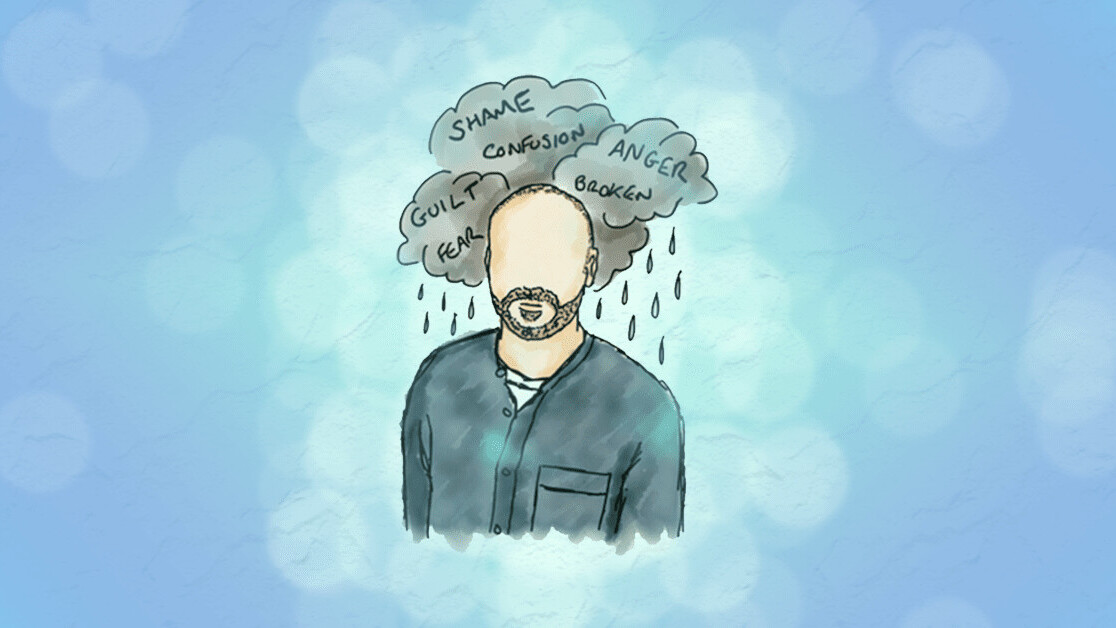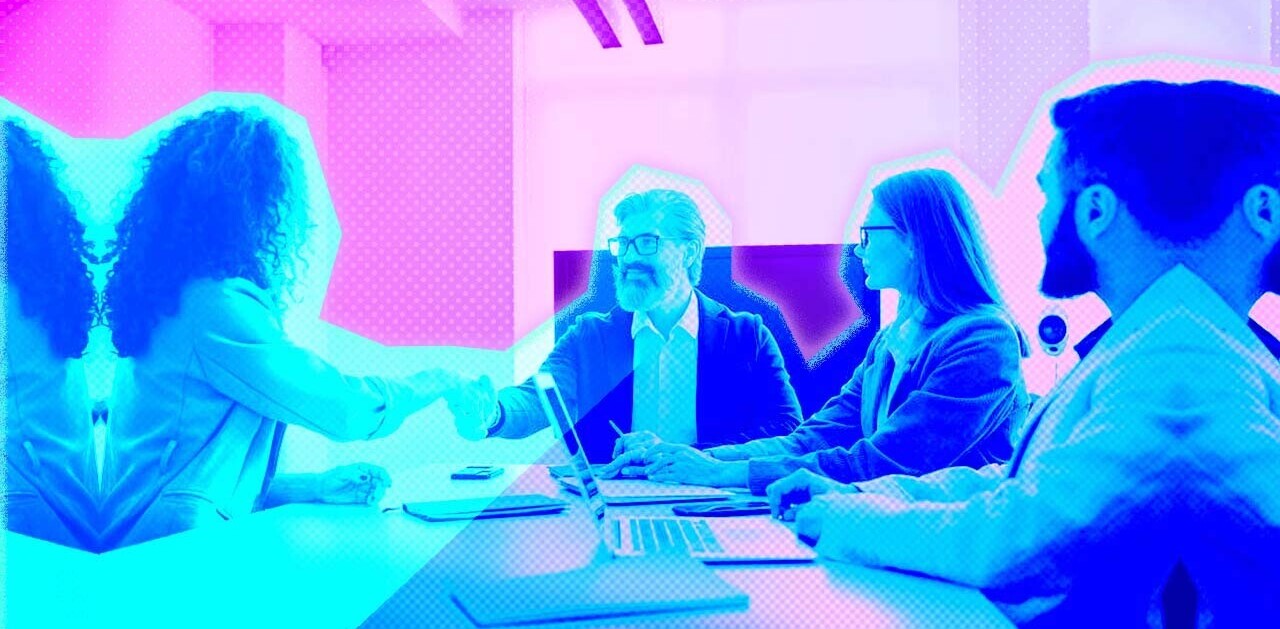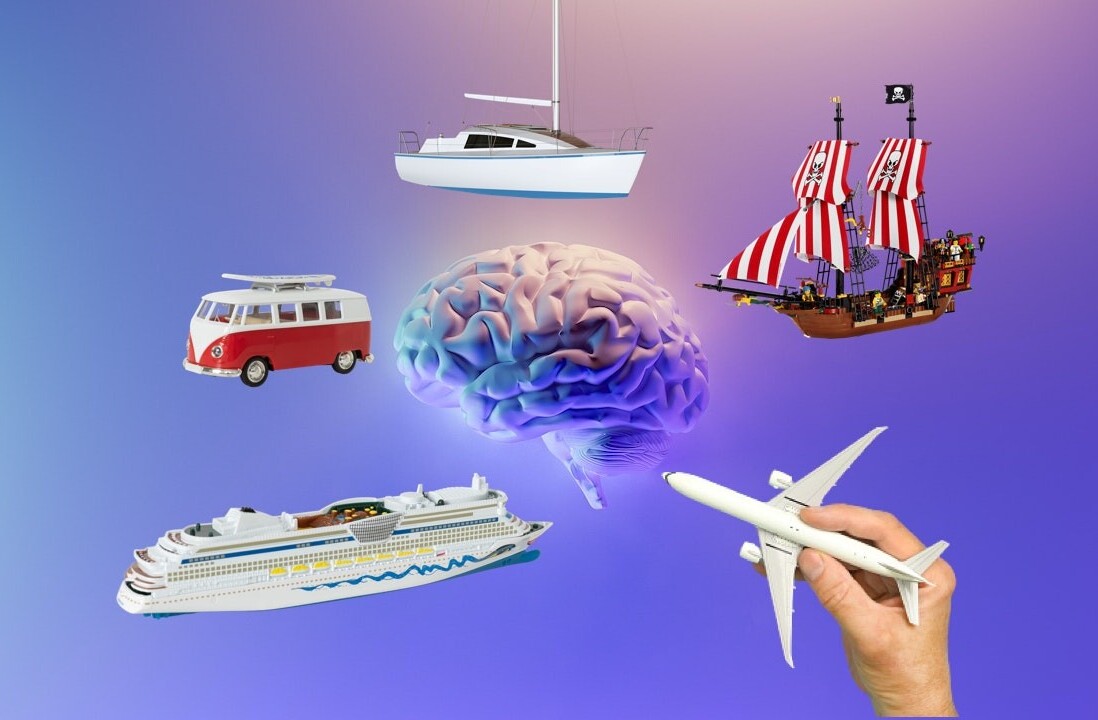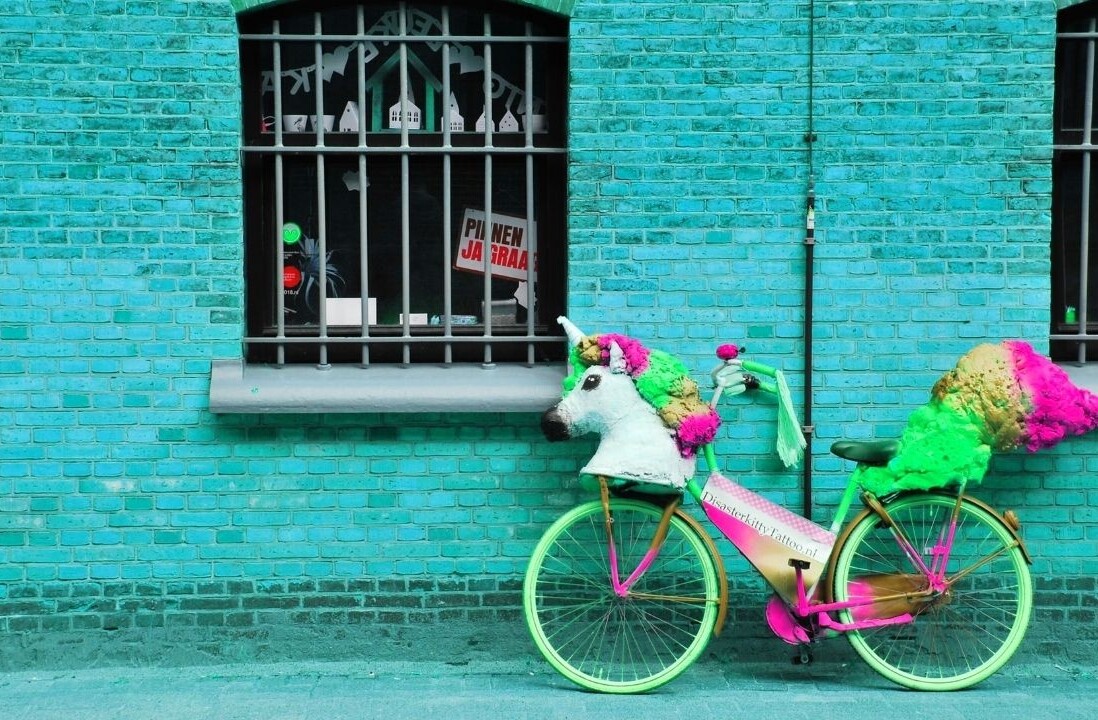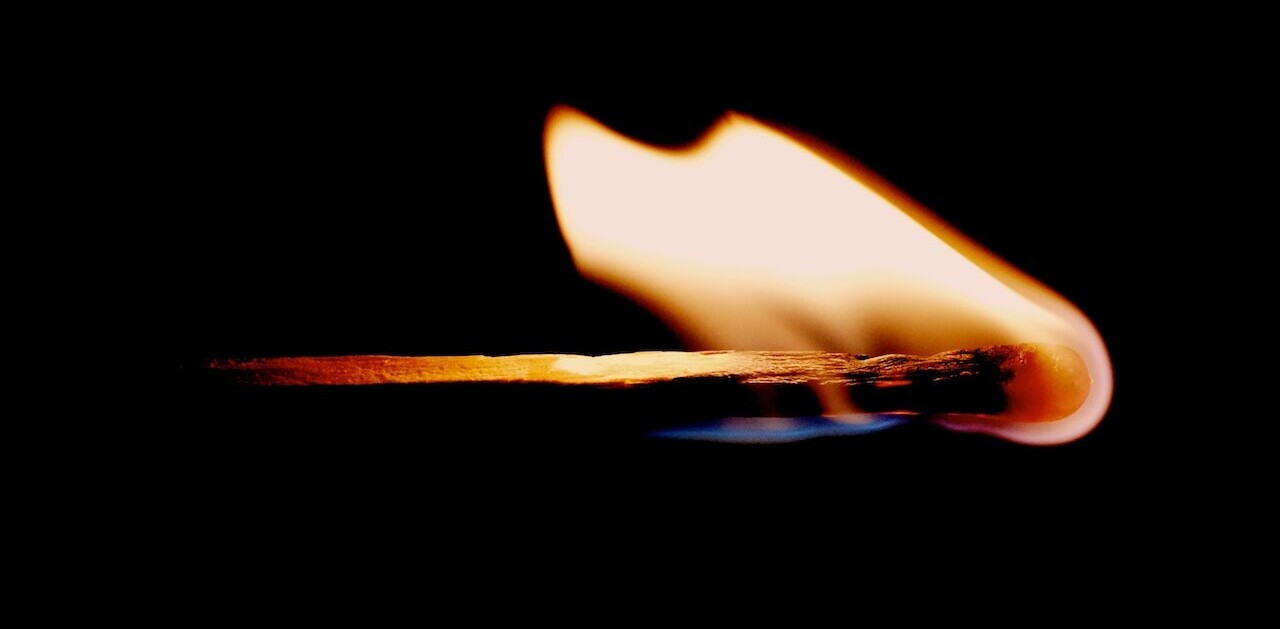I feel pathetic and ashamed.
“I feel pathetic for complaining about being tired. This is without question the hardest I’ve ever worked in my life — and I think that says a lot about how comfortable my life has been.”
I feel angry and hopeless.
“I’m mad at myself that I can’t dig deeper at the moment.”
I feel confused.
“It’s been 18 months of the most wild self belief and I still belief deeply in the importance of what I’m building and how much I want this thing to exist in the world. But I’m at a point where I just struggle to see a way forward.”
I feel mentally and physically exhausted.
“As fundraising grinds to a halt it’s given me a lot of space to think — and I’ve started thinking about everything I’ve been giving up and sacrificing. So far there has been a lot around my health — my body, my mind.”
I feel scared.
“I see this next step as a major sacrifice around friends and family, and I’m so scared to take it.”
I feel uncertain.
“Since day one I’ve always questioned my motivations for why I’m building this thing. I’ve always had that little thing in the back of mind questioning who I am really doing this for — what am I trying to prove and to who. Just for the past few weeks I feel like I am doing it for anyone but myself now.”
I feel unhappy.
“I feel like I’m trying to optimize my life for some sort of fame and recognition, and not for happiness — because I am not happy. I’m really not.”
I feel judged and worried.
“I’m unsure as to whether I am being hard nosed about moving forward because I actually want to, or whether I’m scared how I will be perceived if I give in. And trying to work that out is proving incredibly difficult.”
I feel lost.
“All I can think about is is this pushing me further away from not only my own family but also the opportunity to create a family. All I want in the world is to be a dad — and hell I’m not even close to meeting someone and I don’t think this path is conducive to pursuing that.”
I feel confused and ashamed.
“I feel like I am shaming myself into continuing. That’s how it feels right now. There is a difference between believing something should exist and then also believing you’re the person to make it happen. The conflict is I do believe I’m the man to make it happen.”
I feel broken and empty.
“At the same time, I can’t keep doing this to myself. It’s been 18 long long months.”
I feel uncertain and overwhelmed.
“I realize I am at an inflection point. Either I will dust myself off, drag myself out of this rut and move on — or this is the end. I really don’t know what will happen or what I even want.”
Why on earth am I sharing this?
Seems like a good question to ask. There are a lot of reasons really:
- I’d like to trigger a more thoughtful conversation around supporting founders mental health. As more and more people pursue entrepreneurship, we’re going to need to think about infrastructure and support that can scale to meet the needs and demands of an entrepreneurial generation.
- I believe, without question, more VCs need to take greater responsibility for evolving high growth culture to show more humanity. I don’t believe this is just about throwing a few quid behind some coaching or therapy for founders. This is about dismantling the prioritization of growth at all costs ahead of the wellbeing of the people tasked with producing those results. It’s got to stop.
- Sharing this is supporting my own personal catharsis and process. Many of you will know I’m an incredibly open book. I’ve held onto this deep down for a long time, and letting it go is giving me an immense amount of relief.
But the most important reason of all, is my desire to help just one founder find the bravery to throw in the towel. When you have the expectations and weight of investors, friends, family, a team and an industry on your shoulders, it can be incredibly hard to do what’s truly right for you. When so much of you is broken, as was with me, there should be no other response but to call it a day.
I often wonder if I had more support around me — like a co-founder, and a coach, and a therapist — would I have simply found a way forward? Maybe. I don’t believe every founder needs to throw in the towel. In fact most who do are on the cusp of greatness.
But out there is at least one founder who just needs to stop. A founder who has fought for so long, and sacrificed so much, that they deeply fear whats on the other side of shutting down. If you’re reading, I promise you will be ok.
For me, I’m at peace with everything that happened and now acknowledge and celebrate my experience as a founder as one of the most pertinent lessons I’ve been taught in my 30+ years on this planet – and it’s set me on a path of the most phenomenal growth and self discovery I feel grateful to be on.
And most importantly, I take it upon myself personally to ensure any founder I work with as a coach in the future to be adequately prepared and supported to ride through their own storms — where tears are expected, but an early ending isn’t.
